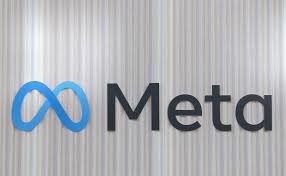Meta has officially launched its latest suite of artificial intelligence models under the Llama 4 banner, powering the company’s Meta AI assistant across platforms including the web, WhatsApp, Messenger, and Instagram. The release includes two new models—Llama 4 Scout and Llama 4 Maverick—while a larger, more advanced model, Llama 4 Behemoth, remains in training.
Llama 4 Scout is designed for high performance in a compact footprint, capable of running on a single Nvidia H100 GPU. With a 10-million-token context window, Scout outperforms rival lightweight models like Google’s Gemma 3, Gemini 2.0 Flash-Lite, and Mistral 3.1 across multiple widely reported benchmarks, according to Meta.
The Llama 4 Maverick model is positioned as a direct competitor to OpenAI’s GPT-4o and Google’s Gemini 2.0 Flash, offering high-level performance in coding and reasoning while operating with fewer active parameters than some peers, including DeepSeek-V3.
Meta’s most ambitious model, Llama 4 Behemoth, is still undergoing training. With a staggering 2 trillion total parameters and 288 billion active at runtime, Behemoth is being billed by Meta CEO Mark Zuckerberg as “the highest performing base model in the world.” Meta claims it outperforms GPT-4.5 and Claude Sonnet 3.7 on several STEM-focused benchmarks, although its full public release is still pending.
One of the most significant architectural changes in Llama 4 is the adoption of a “mixture of experts” (MoE) framework. This approach allows the model to activate only the components necessary for a given task, offering major efficiency gains while conserving computational resources.
The Llama 4 models are being described by Meta as “open-source,” but the classification remains controversial. Critics point out that the licensing terms impose restrictions on commercial use—particularly for companies with over 700 million monthly active users, which must seek Meta’s permission before deployment. Such limitations have led some in the tech community to argue that the models do not meet the standard definition of open source.
Meta is expected to share more details about its AI roadmap, including future iterations of Llama and related tools, at the upcoming LlamaCon event on April 29.
Stay tuned to DC Brief for further updates on this story and other technology developments.


